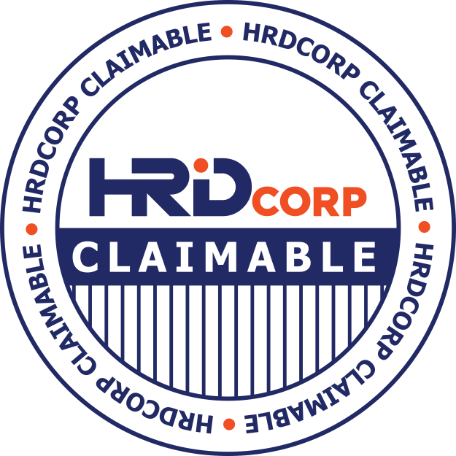Why should you attend the programme?
The ISSB-GRI Interoperability programme is designed to provide insights into how Global Reporting Initiative (GRI)-compliant reporting interoperates with the IFRS® Sustainability Disclosure Standards issued by the International Sustainability Standards Board (ISSB) aligned with the NSRF.
Mode
Physical
Who should attend this programme?
Individuals
Auditors, Accountants, Sustainability Reporting Specialist, Corporate Consultants, Chief Financial Officers, ESG Investors, ESG Fund Managers, Legal Advisors, Fixed Income Managers, Hedge Funds Managers, Impact Investing Fund Managers, Registered Investment Advisors, Attorneys, Corporate Finance and M&A Professionals, Academia
Institutions
Financial Advisory Companies, Legal Firms, Consultancy Firms, Stockbroking Firms and Investment Banks Public Listed Companies (PLCs), Accounting Firms, Legal Firms, Company Secretarial Firms, Consultancy Firms, Fund Management Companies, Stockbroking Firms, Investment Banks, Investment Banks, Investment Research Companies, Venture Capitalists, Family Offices, Private Equity Companies, Trustee, Investor Relations Companies, Sustainability and ESG Advocates, Start-ups, Social Enterprises
What will you learn from this programme?
By the end of this programme, participants will be able to:
- recognise the international sustainability reporting landscape as well as the interaction between GRI and ISSB frameworks
- explain the key principles and structure of GRI Standards and their approach to sustainability reporting
- examine the core requirements of the IFRS® Sustainability Disclosure Standards issued by the ISSB
- discuss the interoperability between GRI and ISSB Standards through a case study
- apply the knowledge gained to enhance sustainability reporting practices
Competencies
 |
-
- Core – Corporate Governance (Proficiency Level 3)
- Foundational (Product) – Sustainable and Responsible Investment Products (Proficiency Level 3)
- Functional (Technical) – Sustainability/ SRI Analysis (Proficiency Level 3)
|










